detail profile victor janson
Peran Yang Di Mainkan Victor Janson
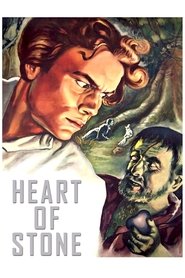 Lavish adaptation of Wilhelm Hauffs fairy...
Lavish adaptation of Wilhelm Hauffs fairy...Heart of Stone 1950
Lavish adaptation of Wilhelm Hauff′s fairy tale: Young charburner Peter Munk dreams of joining the upper class. He makes a deal with the sinister Holländer-Michel, who offers to trade Peter′s human heart for one made of stone. Once he has the "cold heart" in his body, Peter eventually strikes a fortune and enjoys great wealth, but at the same time, he becomes a bitter and emotionless man – and, having lost all traces of humanity, even murders his wife Lisbeth. Only then does Peter Munk finally realize what has become of him, and he decides to regain his real heart from Holländer-Michel.
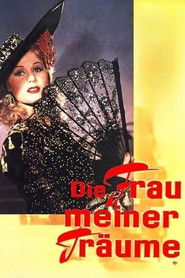 Blonde goddess Marika Rkk plays Julia...
Blonde goddess Marika Rkk plays Julia...The Woman of My Dreams 1944
Blonde goddess Marika Rökk plays Julia Koster, a ravishing red-headed musical revue star and her opening number, "At Night It Isn't Right To Be Alone", playing to a packed theater, is both an eye-popper and a jaw-dropper.
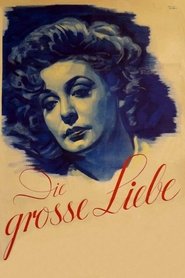 The attractive Oberleutnant Paul Wendlandt is...
The attractive Oberleutnant Paul Wendlandt is...The Great Love 1942
The attractive Oberleutnant Paul Wendlandt is stationed in North Africa as a fighter pilot. While in Berlin to deliver a report he is given a day's leave, and on the stage of the cabaret theatre "Skala" sees the popular Danish singer Hanna Holberg. For Paul it is love at first sight. When Hanna visits friends after the end of the performance, he follows her, and speaks to her in the U-Bahn. After the party in her friends' flat, he accompanies her home and chance throws them further together when an air raid warning forces them to take cover in the air raid shelter. Hanna reciprocates Paul's feelings, but after a night spent together Paul has to return immediately to the front. There now follows a whole series of misunderstandings, and one missed opportunity after another. While Hanna waits in vain for some sign of life from Paul, he is flying on missions in North Africa. When he tries to visit her in her Berlin flat, she is giving a Christmas concert in Paris.
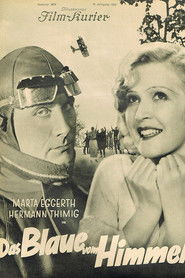 Out of unlikely circumstances an underground...
Out of unlikely circumstances an underground...The Blue from the Sky 1932
Out of unlikely circumstances an underground ticket vending girl and a mail pilot fall in love.
 A charismatic lieutenant newly assigned to...
A charismatic lieutenant newly assigned to...The Wildcat 1921
A charismatic lieutenant newly assigned to a remote fort is captured by a group of mountain bandits, thus setting in motion a madcap farce that is Lubitsch at his most unrestrained. A wonderfully anarchic and playfully subversive satire of military life from one of the great comedy filmmakers.
 The misadventures of an effete young...
The misadventures of an effete young...The Doll 1919
The misadventures of an effete young man who must get married in order to inherit a fortune. He opts to purchase a remarkably lifelike doll and marry it instead, not realizing that the doll is actually the puppet-maker’s flesh-and-blood daughter in disguise.
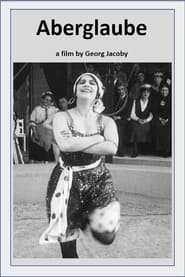 In a circus visitor who has...
In a circus visitor who has...Superstition 1919
In a circus, visitor who has just fallen for the “gypsy” dancer Militza is stabbed by a jealous clown, Bajazzo. Militza escapes to the country village of Marienhagen, finding shelter in the house of a local Catholic priest. The priest also falls for Militza. When he is subsequently struck dead by a bolt of lightning one evening during Mass, his mother blames Militza and has her cast out of the village. Militza joins a theatrical troupe whose married leader is disappointed with the general lack of artistic talent and begs Militza to leave with him. Militza refuses, and instead flees on her own. Onboard a ship, she is surprised to encounter the leader of the troupe again. The ship sinks, he dies. She is rescued by a nobleman who takes her to his country estate. Here she finds peace and true love. When the dead priest’s vengeful mother learns that Militza is alive, she kindles fear and superstition among the villagers, who stone Militza to death.
 A teenage tomboy tired of being...
A teenage tomboy tired of being...I Don't Want to Be a Man 1918
A teenage tomboy, tired of being bossed around by her strict guardian, impersonates a man so she can have more fun. She quickly discovers that being the opposite sex isn’t as easy as she had hoped for. What ensues is a gender-bending comedy decades ahead of its time.
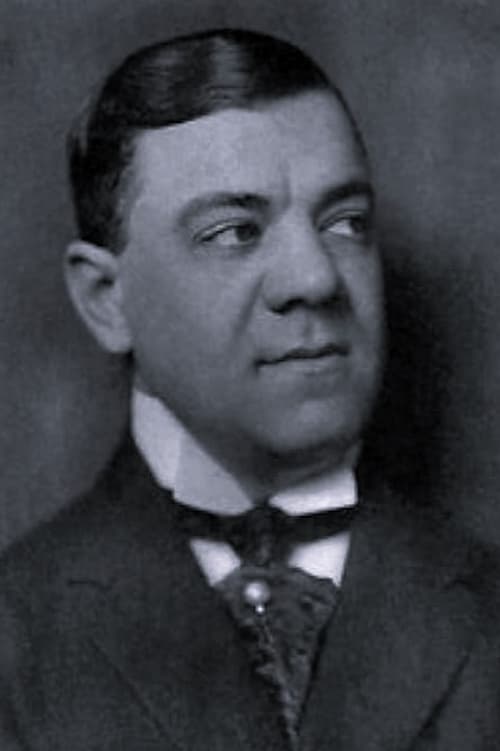
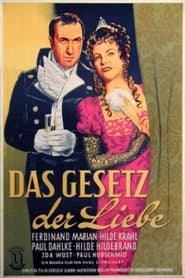
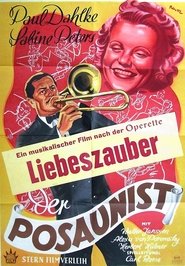 The Trombonist is a 1949 comedy film...
The Trombonist is a 1949 comedy film...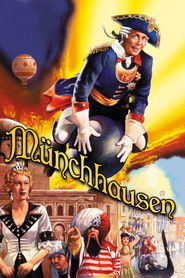 Legendary immortal nobleman Baron Munchausen regales...
Legendary immortal nobleman Baron Munchausen regales...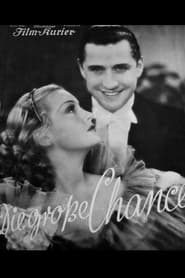
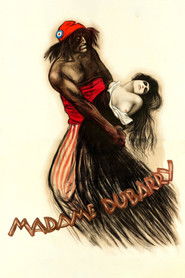 The story of Madame du Barry...
The story of Madame du Barry...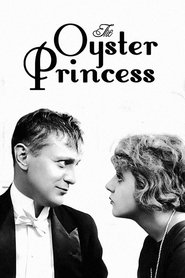 A pampered American oyster tycoon decides...
A pampered American oyster tycoon decides...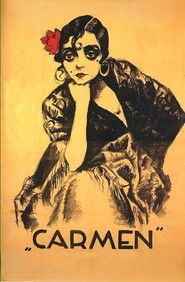 The tragic story of Don Jose...
The tragic story of Don Jose...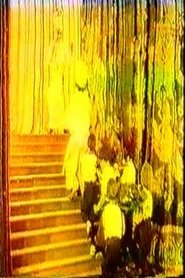 An adaptation of the famous fairy...
An adaptation of the famous fairy...